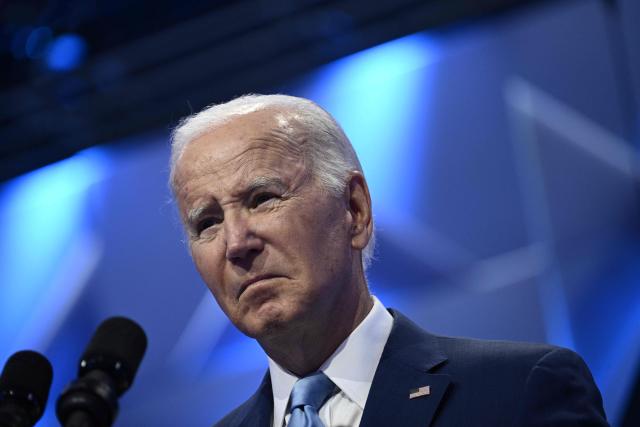President Biden signs stopgap bill to avert government shutdown
SAN FRANCISCO – President Joe Biden signed a stopgap bill that will temporarily fund federal agencies into the next year, avoiding a government shutdown for now but setting the stage for a future showdown over government spending in 2024.
Biden signed the bill late Thursday night while in San Francisco, where he attended the Asia-Pacific Economic Cooperation conference this week. A White House official flew the bill to California to beat the end-of-day Friday deadline to avert a shutdown.
It’s an important step,” Biden said in a statement Friday, “but we have more to do. I urge Congress to address our national security and domestic needs – and House Republicans to stop wasting time on extreme bills and honor our bipartisan budget agreement.”

The continuing resolution, the product of House Speaker Mike Johnson in his first leadership test, does not include deep spending cuts and other conditions sought by hardline Republicans, instead keeping spending levels the same.
The continuing resolution passed the Senate and House this week with overwhelming bipartisan support. But the 336-95 tally in the House included 93 Republicans who voted against it.
Johnson has avoided the same fate by promising to fight for Republicans’ spending cuts in January, though he’s still irked some hardliners.
“We’re not surrendering,” Johnson said Tuesday, vowing he would not support another stopgap. “But you have to choose fights you can win.”
The Senate approved the stopgap bill by an 87-11 vote.
The continuing resolution funds part of the government – including public health, military construction, housing, transportation, agriculture and energy programs – until Jan. 19, with the rest funded through Feb. 2.
The approach deters Congress from passing massive spending legislation referred to as an “omnibus” that funds all parts of the governments in one bill, a prospect that Johnson and House Republicans have railed against. In past funding fights, Congress has passed omnibus bills under the pressure of the holidays and members’ desire to return home.
